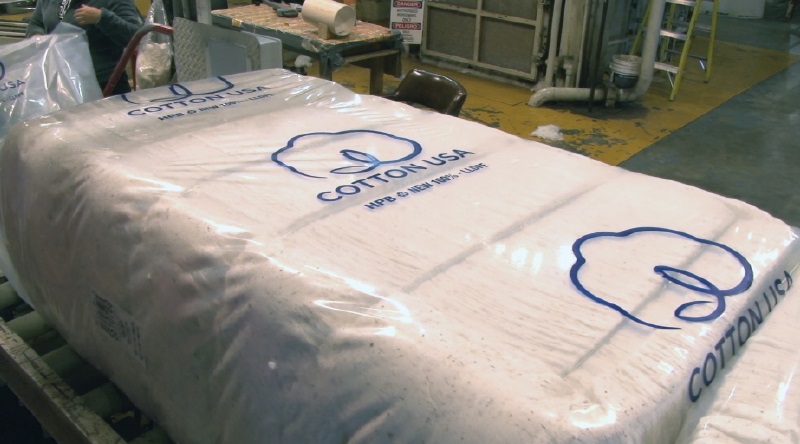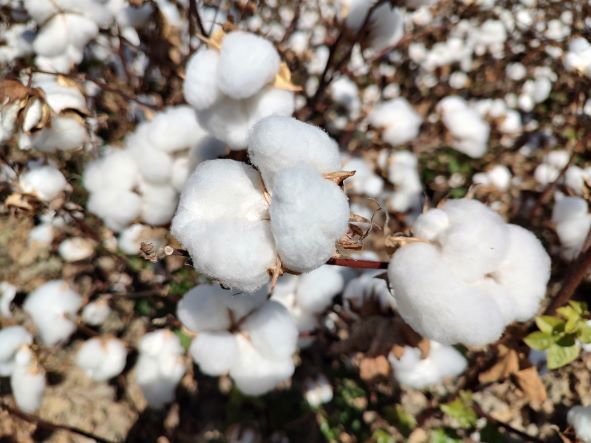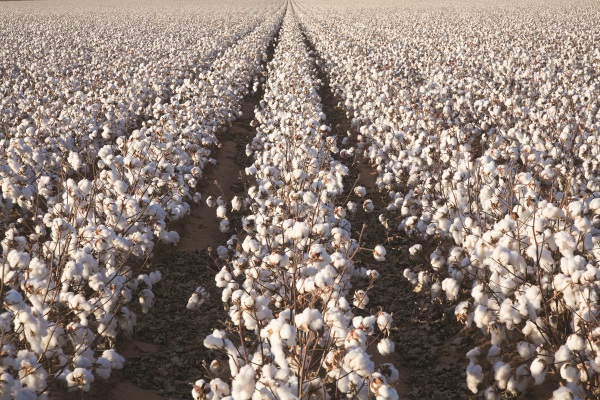Shurley on Cotton: It’s Christmas in July!
The calendar says July. But for cotton growers, it may as well be “Merry Christmas.”
The July USDA monthly supply and demand numbers were an unexpected gift. The market reacted positively, and let’s hope prices can sustain the new-found optimism.
Even if prices eventually slip back a bit (and I’m not saying they will), this week’s move at minimum gives growers the first real bona fide opportunity to make a marketing risk management decision for the 2016 crop.
December 2016 futures closed on July12 at 70.78 cents per pound – up the daily limit of 300 points. Prices have not been this high in almost two years. Prices showed improvement on July 8, closing out of the 64-66 cent rut and moving even higher before the report. Prices rocketed immediately after the report at noon and continued to move higher and closed up-limit for the day.
Today’s move was all about the numbers in the report. When prices move the daily limit up or down, it means the market was surprised. One role of the futures market is to form expectations – to anticipate supply/demand data and information and to reflect those expectations in the prices we see. The market was up-limit following the report. The market was surprised.
Here’s a summary of the July report:
- U.S. exports for the 2015 crop year were raised 200,000 bales. This lowers beginning stocks for the 2016 crop year by that same amount.
- The 2016 US crop is now projected at 15.8 million bales – up 1.0 million bales from the June estimate. This is based on the higher June acreage number of 10.02 million acres planted. This is still based on a historical yield. The first estimate of actual yield will be reflected in the August report. The U.S. crop could get bigger if conditions cooperate.
- Typically a larger crop might lead to lower prices, but U.S. exports for the 2016 crop year were also raised 1.0 million bales. This should be no surprise, as often exports are raised simply due to the fact that there is more available supply. But, the magnitude of this increase was a surprise.
- World beginning stocks for 2016 were lowered by almost 2.0 million bales. This was due to revisions in production and use for the soon-to-be-ending 2015 crop year.
- World production was revised down by 620,000 bales. Although expected production was raised in the U.S. and Australia, crop prospects were lowered for India and Pakistan. Production in China was unchanged from the June estimate.
- World use was raised 1.0 million bales. This is significant – we desperately need to see a resurgence in usage. If realized, this would be the first real increase in use since 2012.
- China’s mill use for the 2016 crop year was raised 1.5 million bales. This would be 1.0 million bales more than for the 2015 crop year. Mill use in Vietnam was lowered 200,000 bales, reflecting China’s higher use and less yarn imports by China.
- Projected world ending stocks for the 2016 crop year were lowered almost 3.5 million bales – China by 3.0 million. China is projected to trim their massive stocks by 9.1 million bales for the 2016 crop year.









